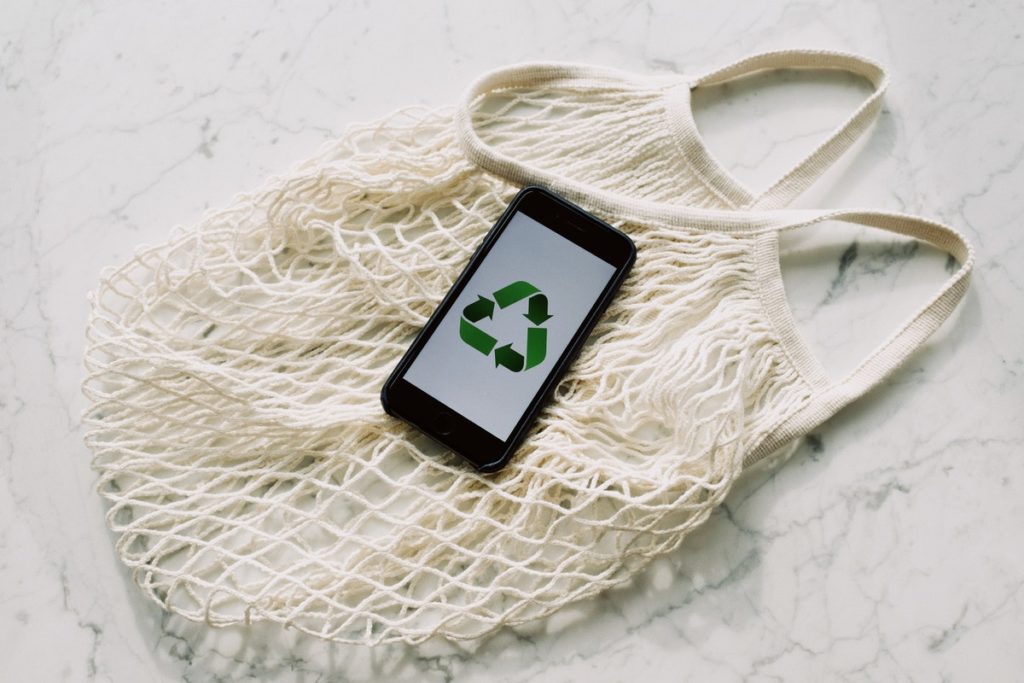Amid the economic and health challenges brought by the COVI-19 pandemic, the fight for sustainability continues. Over the years, the sustainability movement has only gotten stronger.
In a 2019 study led by Deloitte, it was shown that almost two-thirds of the respondent businesses who are familiar with the 2018 U.S. and global climate change reports reassessed and modified their energy management strategies in response. Furthermore, 83 percent of those amplified their commitment.
With the COVID-19 lockdowns causing less human activities, the world has seen a 7 percent decrease in air pollution and global emissions.
On top of that, over 9,600 companies willingly disclosed their environmental impacts. It is a 14 percent growth compared to 2019, setting a record for the number of environmental disclosures.
As we are now in the first chapter of another year, let us check what sustainable business trends are waiting for us in 2021.
#1 Fossil Fuel & Coal Exit Policies of Major Financial Institutions
The movement against “dirty energy” will not only accelerate in 2021 but will include not just coal but also oil and natural gas.
According to the Institute for Energy Economics and Financial Analysis (IEEFA), over 150 leading global financial institutions now have coal exit policies ready to be implemented, with 65 banks promising to tighten lending guidelines.
Aside from that, all the biggest North American banks have withdrawn support for Arctic drilling. Following the Paris climate deal, 53 lenders worldwide also promised to align their operations with the agreement.
For many years, oil ruled the global economy and caused major impacts on world events. But the declining demand for fossil fuels, exacerbated by the pandemic’s effects, the power of oil is ending. Major investors worldwide are divesting their investments in oil majors such as ExxonMobil and BP.
#2 Work fHome Is Here to Stay
Working from home (WFH) has become necessary for tons of businesses worldwide to continue operation amid COVID-19 lockdowns. This remote work arrangement has proven to be advantageous not only for both employers and employees but also for the environment.
While for businesses, it helped cut utility costs and rents, and for employees, it meant convenience, WFH helped the environment by significantly reducing greenhouse gas emissions and fossil fuel consumptions. With fewer people commuting, air pollution was down to 7 percent.
Considering all these benefits, it is expected that various industries and businesses will continue this work-from-home trend. Major tech companies, such as Shopify and Twitter, have already promised their employees that they will continue working from home even when the pandemic ends.
#3 Climate Change Is Back in the Agenda
The pandemic helped open our eyes to the realities of irreversible damage due to long-term risks not given serious attention. Because of this, a lot of progressive organizations are finding ways to address the pressing issues of climate change.
It is expected that this year a renewed global effort to fight climate change will happen with the return of the United States to the Paris Climate Commitment and the COP26 event in Glasgow later in 2021.
Furthermore, the diminishing costs of renewable energy and sustainable technologies will only accelerate our journey to a low carbon world.
#4 More Everyday Sustainable Options

Single-use plastic consumption will significantly rise in 2020 due to COVID-19 — talking about face masks, PPEs, and even food packaging in grocery stores. Consumers are more likely to switch to sustainable everyday options after reflecting on the repercussions brought about by the pandemic.
More consumers will embrace a “climate-friendly” lifestyle. This does not only pertain to items that consumers regularly purchase, such as food and clothing. Switching to sustainable options also covers how we travel, invest, and who we vote for.
#5 ESG Investing
Speaking of investment, Environmental, Social, and Governance (ESG) investing is predicted to boom in the wake of the COVID-19 crisis.
ESG investing, also known as “sustainable investing,” pertains to investment opportunities seeking positive returns and long-term effects on the business performance, society, and the environment.
The impact of COVID-19 made several consumers realize the value of non-financial considerations. People will become more sensible when it comes to where they put their money.
#6 Transparency in Supply Chains
The supply chain is the heart of businesses all over the world. The outbreak of the COVID-19 pandemic drastically hampered supply chain distribution. Furthermore, amid the pandemic, several unethical and unsustainable practices have reportedly occurred.
Due to this issue, consumers’ demand for a more transparent and circular supply chain has never been greater. Consumers wanted to know how their food items have been handled and whether companies treated and paid their workers fairly.
Companies’ efforts to embrace “green business” continue, and the recent pandemic only amplified the need for players, both big and small, to help save the environment. More than fortifying the name of your brand, the sustainability movement benefits everyone.
Consult your business litigation lawyer to know more about how your company can incorporate the green movement into your policies.

